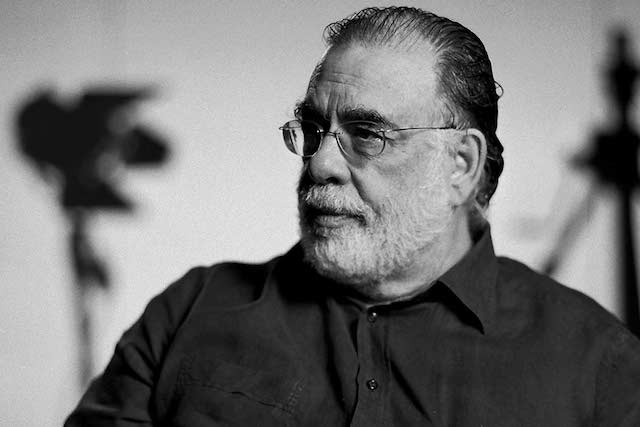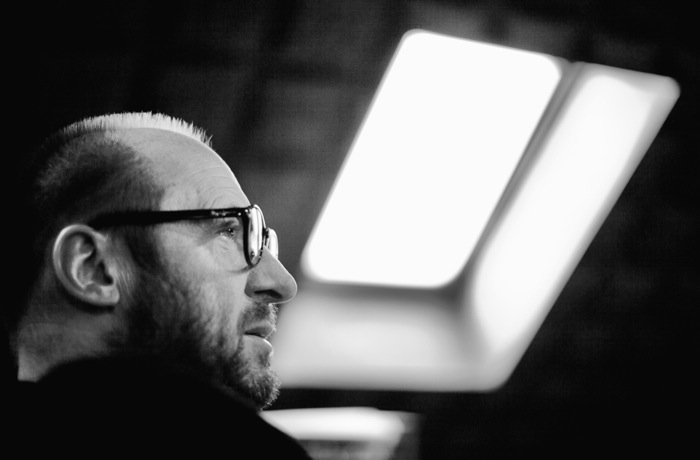When an unexpected and provokingly dark gangster flick titled “The Godfather” hit the screens in 1972 Hollywood, an elite sphere reigned by mighty studios, not only the movie rewrote the hitherto history of American Cinema, but literally shook that year’s Academy Award. The man behind the milestone movie, Francis Ford Coppola, eventually christened as the messiah of the New Hollywood era, a wave that revolutionized American Cinema with unconventional methods of storytelling, themes, techniques, production, and marketing, and continues to inspire all the newbie filmmakers from all over the world.
The Godardian Tips About Filmmaking
When Coppola starts opening up about his epic journey through the jungle of the Hollywood Studio system, he turns every leaf and discusses almost everything related to personal, artistic, financial and professional aspects of filmmaking in this conversation. Often, the legend goes very personal when reflecting about his Poleo haunted childhood, his first experience of Sergie Eisenstien’s Ten Days That Shook the World as a decisive moment, his short stint with theater, and his fears unearthed in school classrooms.
Like every visionary filmmaker, Coppola too faced and challenged with conventional mindsets prevailed in the industry and he remembers often a frictional relationship with the studio system and how came up with his first major breakthrough, Patton (1970) which, led him to emerge with the epic trilogy, The Godfather I, II, and III. The master reveals the secret equation that connects instincts, enthusiasm, courage, and hard work, which is invaluable for a new filmmaker.
How Stanley Kubrick Fell In Love With His Lenses
Being the central figure of New Hollywood wave, Coppola was the magnet in demand, who was always surrounded by a group of vibrant, young filmmakers, among them were legends like Steven Spielberg, Martin Scorsese, Brian De Palma, Terrence Malick, Robert Altman, Woody Allen, William Friedkin, Philip Kaufman, and George Lucas. No other filmmaker in Hollywood can so authoritatively describe the love – hate relationship between the filmmaker and the project and the magic of cinema, which is very important for all those who want to make I big in the in the filmdom.
Written By- Ragesh Dipu
Image Courtesy- www.oneperfectshotdb.com




